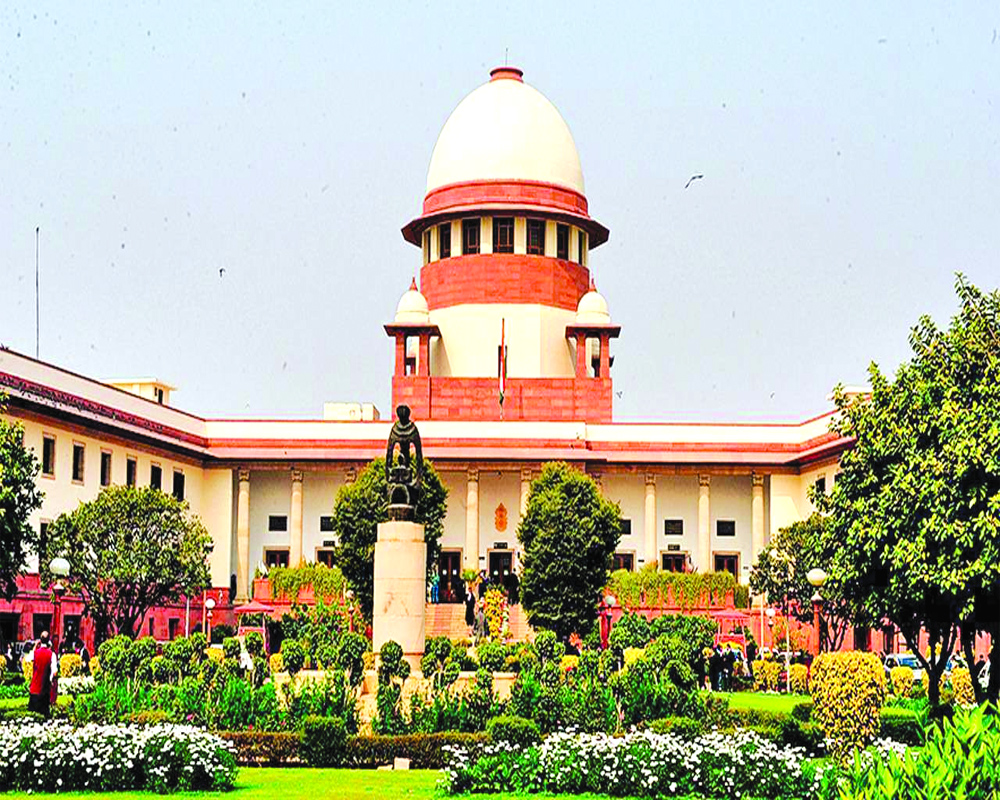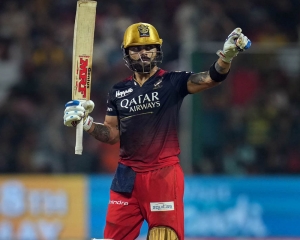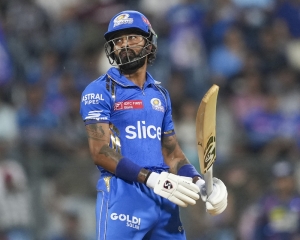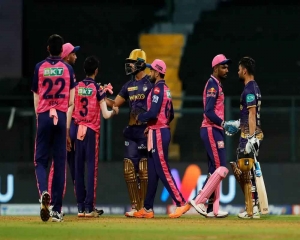Soft encroachment by the Govt in the ambit of Fundamental Rights can affect the Constitution’s basic structure, which the apex courts guards against
The argument that our Constitution denotes a rational restriction on the Government to negate arbitrary despotism can’t be reinforced enough. A Government that infringes upon the ideals of the Constitution loses its legitimacy. To overbridge such lacunae, and to preserve the basic privileges guaranteed to individuals as regards dignity and personality, the Constitution should be permeated with a dash of constitutionalism.
The role of media in communicating authentic, crucial and path-breaking information and playing the paramount role of monitoring and examining the Government’s policies and legislative enactments is epoch-making. The ideals and principles of a democratically fashioned State mandate the supreme judicial authority in sustaining constitutional morality from being suppressed. The freedom of speech and expression is not just legal but a constitutional right which is enshrined as the foundational parameter and an essential pillar of a democratic Union. The arbitrary suppression of speech and expression is direct curtailment of the democratic principles enshrined in the Constitution. The Supreme Court has, however, prudently upheld the sanctity of freedom of speech and the exclusive rights of media in a few judicial pronouncements, and it has broadened the notion of Fundamental Rights against discretionary speculation. The Supreme Court has accentuated upon the Fundamental Rights while adjudicating upon Mohan Lal v Union of India and Vinod Dua v Union of India, respectively. The free speech and expression incorporate and encapsulate the inviolable principle of privacy as well.
In the judgment of Manohar Lal v Union of India, famously known as the Pegasus case, the judicial contention staunchly precludes arbitrary encroachment in the confines and purview of Fundamental Right of speech and the scope of privacy of an individual. The apex court pragmatically opinioned and articulated that the Union Government cannot breach national security in order to evade reasonable accountability. The protection of credible journalistic sources is irrefutably covered under the ambit of privacy and surveillance of the sources/information is an absolute assault on the sanctity of the press and the democratic ideals. The judgment has directed the establishment of a technical committee to examine the legality of Pegasus intrusion and privacy breach.
In another path-breaking judgment of Vinod Dua v Union of India, the journalistic voicing that could potentially lead to constructive criticism was intelligently bifurcated from the seditious and defamatory ambit. The contentions in the matter concerned revolved around the question whether the statements of the journalist in question were in any way seditious in nature as covered under Section 124-A of the Indian Penal Code, 1860, and incited agony and hatred among citizens. Furthermore, did the statements have the potential of disrupting public order and harmony and can be charged as an offence under Section 501 of the Indian Penal Code? The Supreme Court’s judgment upheld the right to free speech and expression by quashing the FIR against the said journalist and stated that the right to criticise governmental policies without defaming and inciting public nuisance does not amount to sedition. The Supreme Court has referred to the landmark pronouncement of the Kedar Nath Singh case to uphold the speech and expression narrative and stated that for an act to be a seditious offence, the inclusion of a few attributes has to be examined, including the incitement of hatred against the authority concerned, and the disturbance of public order.
If journalistic opinions and voicing are not protected by the judicious authority and the ‘sources’ of journalists are under constant threat and surveillance, then the concept and idea of a democratic State will become obsolete. Such soft encroachment in the ambit of Fundamental Rights can easily affect the basic structure of the Constitution. Constitutionalism not only upholds the morality and principles of the Constitution but also gives and limits the power of Parliament and the Union Government. The three organs of the Government — the executive, judiciary and legislature — are paramount and sacred institutions and the power of all three is directly in proportion with the objectives of the Constitution. The judiciary has played a phenomenal role in limiting the ultra vires attempts of the Governments since its inception and upheld the Constitution’s virtues and ideals. Apart from the aforementioned judgments, the bank nationalisation case, privy purse cases, the newsprint and newspaper control cases, among others, have been the judicious opposition to the Supreme Court while upholding the doctrine of constitutionalism and preventing soft procedural encroachments in the purview of Fundamental Rights by legislative enactments or the Government’s interests. The guardian and the judicious interpreter of the Constitution is the Supreme Court and it has in no way left any stone unturned in proving or upholding the virtuousness of the objectives and ideals of the sacred document, which is our Constitution.
(The writer is a practising advocate in the Delhi High Court. The views expressed are personal.)


























